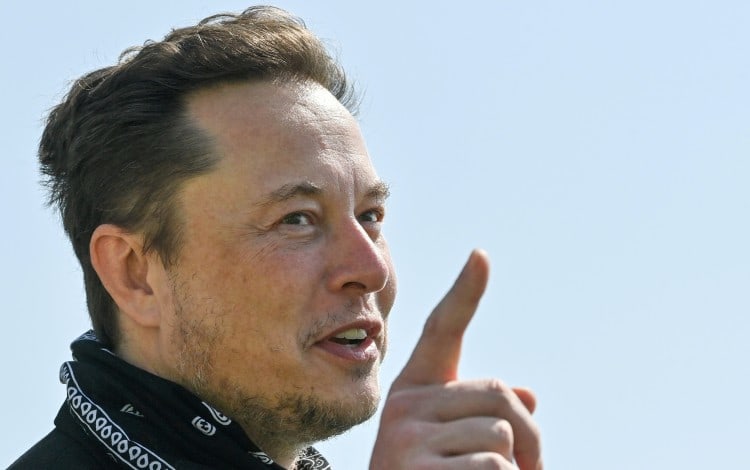
Elon Musk is worried about the economy.
For several months now, the richest man in the world has continued to sound the alarm, warning that the economy risks a deep recession if the central bank's monetary policy stays on course.
While the Federal Reserve is holding its last monetary meeting of the year in the coming days, the serial entrepreneur has just made a new prediction. And like his past predictions, this one is very alarming.
The Federal Reserve has raised interest rates sharply in recent months, taking the benchmark rate from almost zero during the pandemic to a range between 3.75% and 4%, in an effort to combat inflation, which is at its highest in 40 years. But many economists say that this aggressive monetary policy will plunge the economy into a recession.
'The Recession Will Be Greatly Amplified'
The central bank holds a two-day meeting on December 13 and 14. The policymakers are expected to raise rates by 50 basis points, following four consecutive 75 basis-point hikes.
In addition, the Fed will publish its first quarterly forecasts since September. This will provide clues into where the central bank sees the U.S. economy headed over the next few years.
The CME Group's FedWatch continues to suggest that next week's announcement will be a 50 basis point rate increase, taking the Fed Funds benchmark to between 4.25% and 4.5%, with a target rate between 5% and 5.25% by the spring, already largely reflected in futures trading.
Musk believes that if the Fed announces a rate hike as expected, it would be a huge mistake. The decision would plunge the economy into an even more severe recession than what is already expected, he has just warned.
"If the Fed raises rates again next week, the recession will be greatly amplified," the billionaire said on December 9, in a message posted on Twitter.
The CEO of electric vehicle maker Tesla (TSLA)also agrees with star investor Cathie Wood, who continues to assert that a continued rise in rates will cause deflation, a risk already indicated by Musk last September.
"The bond market seems to be signaling that the Fed is making a serious mistake," Wood wrote on December 7. "At -80 basis points (as measured by the 10 year vs 2 year Treasury yields), the yield curve is more inverted now than at any time since the early ‘80s when double-digit inflation was entrenched."
She added: "Typically, an inverted yield curve is pointing to a recession and/or lower than expected inflation than expected. In our view, deflation is a much bigger risk than inflation. Commodity prices and massive retail discounts are corroborating this point of view."
To which Musk responded: "Absolutely," on December 9.
Deflation v. Inflation
But economist Peter Schiff disagrees with the two influencers.
"Actually the yield curve reflects investor expectations that the #Fed will succeed in bringing #inflation down to 2%," Schiff commented on Musk's post. "Investors are wrong. The only thing the Fed will succeed in doing is making the #recession worse, which will crush the dollar and send consumer prices soaring."
The gap between 3-month bills and 10-year notes is at around 80 basis points, the steepest since 2001 and a worrying harbinger of a recession.
According to a study from the San Francisco Federal Reserve, a sustained inverted yield curve has preceded all of the nine recessions the U.S. economy has suffered since 1955, making it an extremely accurate barometer of financial markets sentiment.
Last September, the entrepreneur warned that a jumbo interest rate increase would cause long-term deflation.
"A major Fed rate hike risks deflation," said the CEO of SpaceX.
The consequences of deflation can be devastating for the economy because the fall in prices encourages households to postpone purchasing decisions while waiting for further price declines.
This in turn can lead to a drop in overall consumption and an increase in inventories at companies, which can no longer sell their products. In response, they reduce production and investment.







